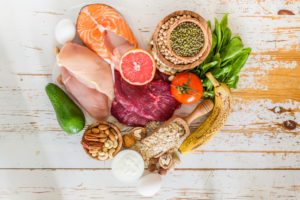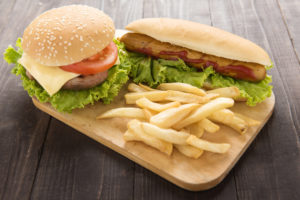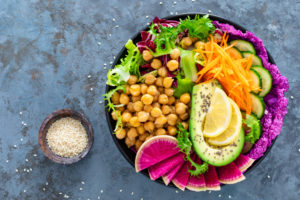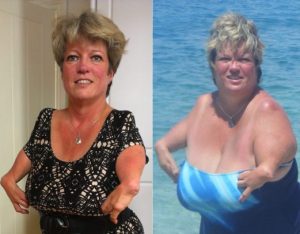Is A Calorie Just A Calorie?
It seems that everyone is counting their calories these days – but what does it really mean, and how can it work in your favour?
Dr Susan Brennan sheds a bit of light on the subject.

Are all calories equal?
Well, I guess the answer is technically yes. A calorie is a unit of energy we get from the food we eat; so on paper, absolutely, all calories are equal.
We know from our HNAs, that many of you are concerned about your weight and want to know more about diet, nutrition and how to lose weight. Looking at calories is an important part of this.
As a general rule, if we eat more calories than our body uses, we will put on weight; and if we eat less calories than our bodies need, we will lose weight. That’s the basic rule that underpins diets. Some people find tracking calories a really useful way of maintaining or losing weight and if it works for you, great. But here comes the word of caution…
It’s very easy to get focused on how many calories are in something we eat, or drink, but sometimes doing this makes us lose sight of the quality of what we’re eating or drinking.
If we eat 1500 calories it may include foods that look like this.

Or we can have 1500 calories and it looks like this.

We’re getting exactly the same energy from each plate of food but completely different nutrition.
The nutritional value of what we eat is what’s really important.
A new study found that people who cut back on sugary foods, ‘refined’ grains (think white bread from the supermarket and very processed foods, like muffins, crisps, ready meals), while concentrating on eating plenty of vegetables and whole foods like oats, beans and pulses — without worrying about counting calories or limiting portion sizes — lost significant amounts of weight over the course of a year.
If we focus on food that’s full of nutrition, that gives our body what we need, we’re less likely to overeat, and staying at a healthy weight comes naturally.
Another recent study showed that junk and processed food makes us hungry and more likely to overeat. Think about the cravings you get after eating sugary foods like donuts and sweets and how, a short time after eating them, you feel hungry again!
If we want our bodies to perform in the best possible way - everything from sleeping well, reduced pain levels, better mood and less anxiety - we need to give them the best possible fuel.
You wouldn’t put old, dirty oil in your car and expect it to run well. The same goes for our bodies.
Principles for eating healthily
Eating well can seem really complicated, especially when you read all the conflicting reports in the media. One week pasta is bad, the next it’s red meat, fatty foods or sugar; but if we keep to a few simple principles it shouldn’t be.
If you base your meals around these healthy principles, (could click through here)you won’t go far wrong.
Pick one type of food from each of these four groups and get good nutrition – on a plate: -
1. Protein- think lean meat like chicken or beef, fish, legumes or eggs
2. Healthy fats- think extra virgin olive oil, avocado, almond butter or nuts
3. Carbohydrate- think beans or pulses, root veg, butternut squash, don’t go for processed carbs like bread. If you’re more active and exercising, choose things like potatoes and brown rice
4. Add Colour and ‘eat the rainbow’. Try and make your plate as colourful as possible so you get all the different nutrients from all the different colours of fruit and veg. When your Gran told you to eat your greens, she was right! Think Kale, spinach and broccoli and try and keep half your plate full of salad and veg.
A final thought for eating more healthily....
Remember, whilst how much food we eat is important, and will have a big effect on our weight, we should really be focusing on the quality of what we eat too.
If we focus on the quality of our food, rather than just simply counting calories, we will be more likely to eat the right amount of our bodies – naturally.

